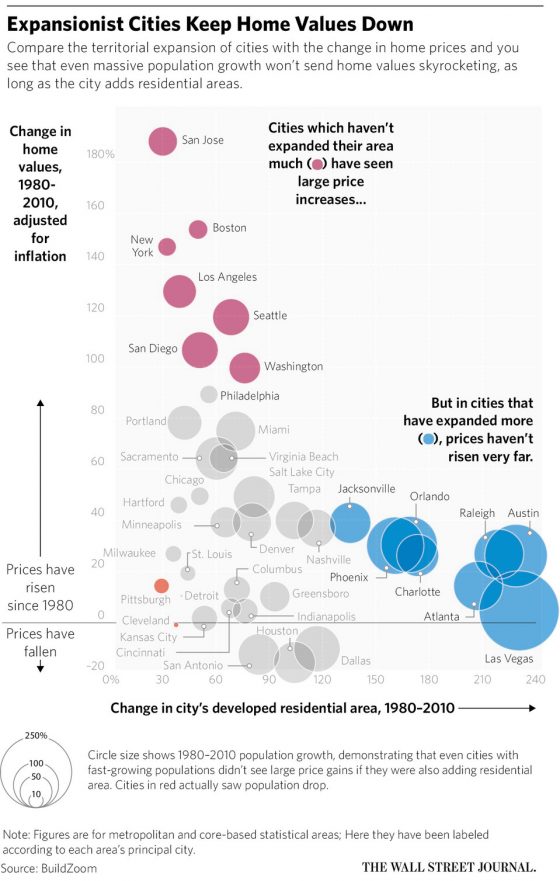With the latest revelations about Mossack Fonseca, we’ve learned this morning about New Zealand’s increasingly prominent role in the global tax avoidance racket.
We have accounting firms that charge $3,000 a year to fill in a one page form on behalf of foreign big-wigs keen to hide their assets from their home governments. As a result, elsewhere in the world lower income folk pay more tax to cover the shortfall.
The legality of that action is clear. It is OK. For my 2c, the morality of it is equally clear as well. As Andrea Vance of TVNZ puts it this morning:
Is it OK for NZ to profit by undermining the tax systems of other countries?
The people of Mexico, Venezuela, Brazil, Colombia and Argentina have a right to expect their rich to pay their fair share of taxes.
And they’d be right to point the finger at the New Zealand government for helping the elite swerve those responsibilities.
So, is that industry worth New Zealand’s while to be part of?
According to John Key, the foreign trusts industry is worth protecting because it pulls in $24 million a year. That’s one one-hundredth of one percent of our GDP. 0.01%
And what to we have to give up in order to keep that 0.01% boost? Well, to be fair to Key, up to now we hadn’t really had to give up much at all. But with the public release of the Panama papers, now we as a country face a stark choice. We can either:
- Keep the $24 million, but have the country wear a tarnished reputation as a good global financial citizen;
- Have the accountants and lawyers give up the 0.01% of GDP, and keep our reputation intact.
The choice is straightforward, the ball is in John Key’s court, and he’s made his position clear. He’d rather protect a small income stream for a few high-income Kiwis than protect the country’s international reputation.
I think that’s a terrible shame. If Key reverses course and rids us of the tax haven industry, I’ll be the first to applaud.
New Zealand trades a lot on its international reputation. People invest here because they know we’re an honest broker. Anything that damages that perception damages New Zealand. Here’s Vance again:
…unlike some of the other jurisdictions featured - Panama, the British Virgin Islands, the Bahamas, for example - New Zealand has a clean reputation to lose.
Kiwi businesses trade on being the honest Johns of the world. 100% Pure, corruption-free and transparent.
Ask any exporter whether New Zealand’s international reputation opens doors for them. With a different reputation, those doors could easily stay closed. If that happens just once or twice, New Zealand could lose much, much more than $24 million.
This game isn’t worth the candle.

